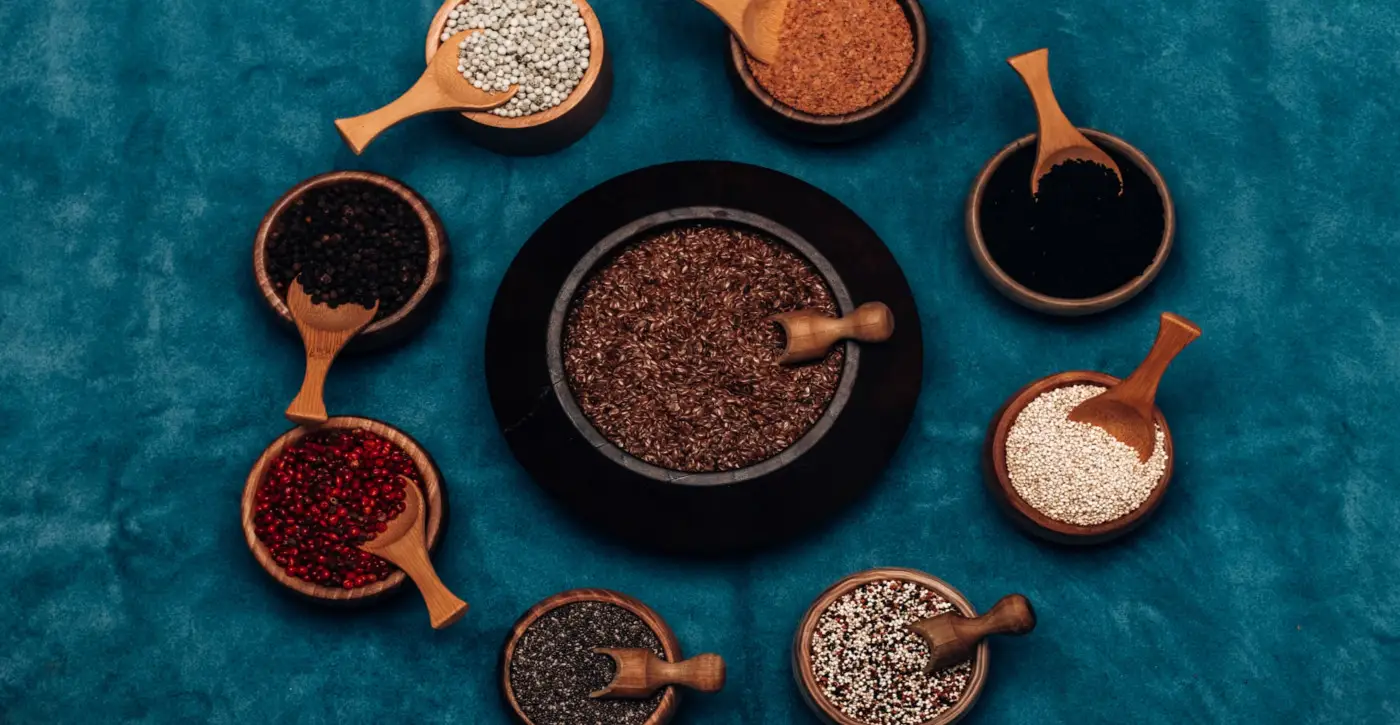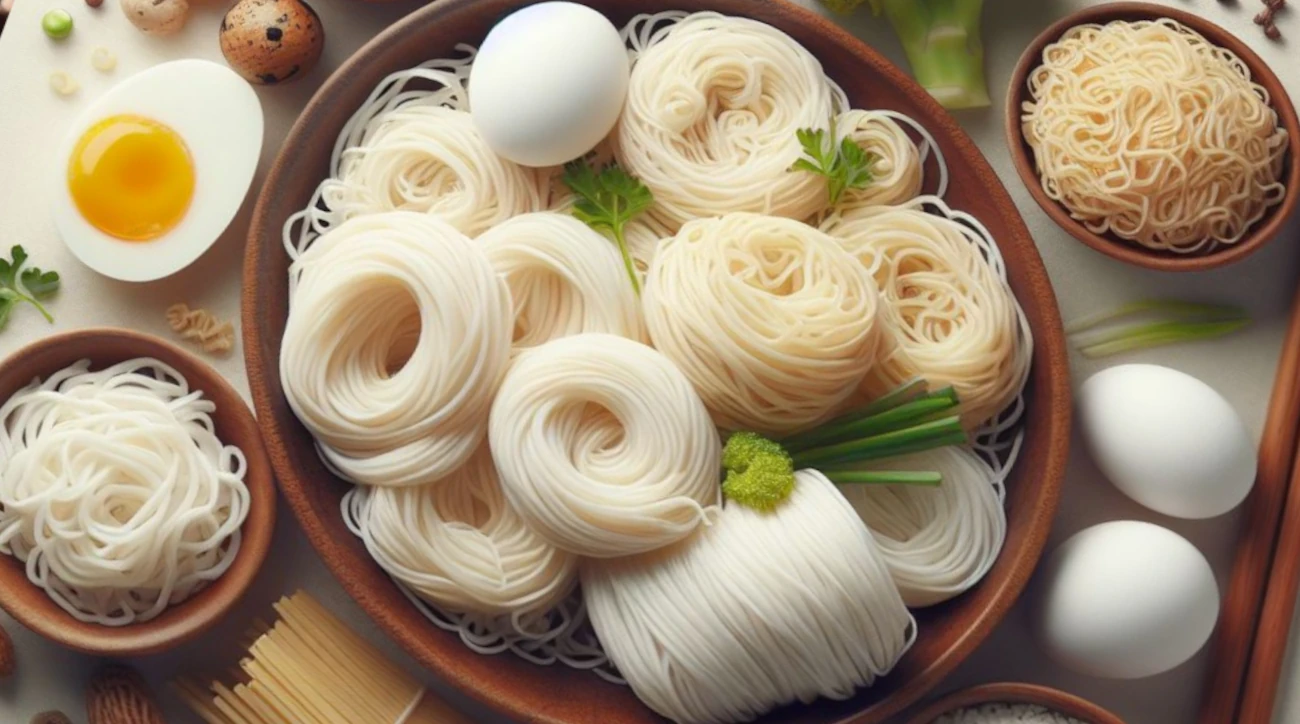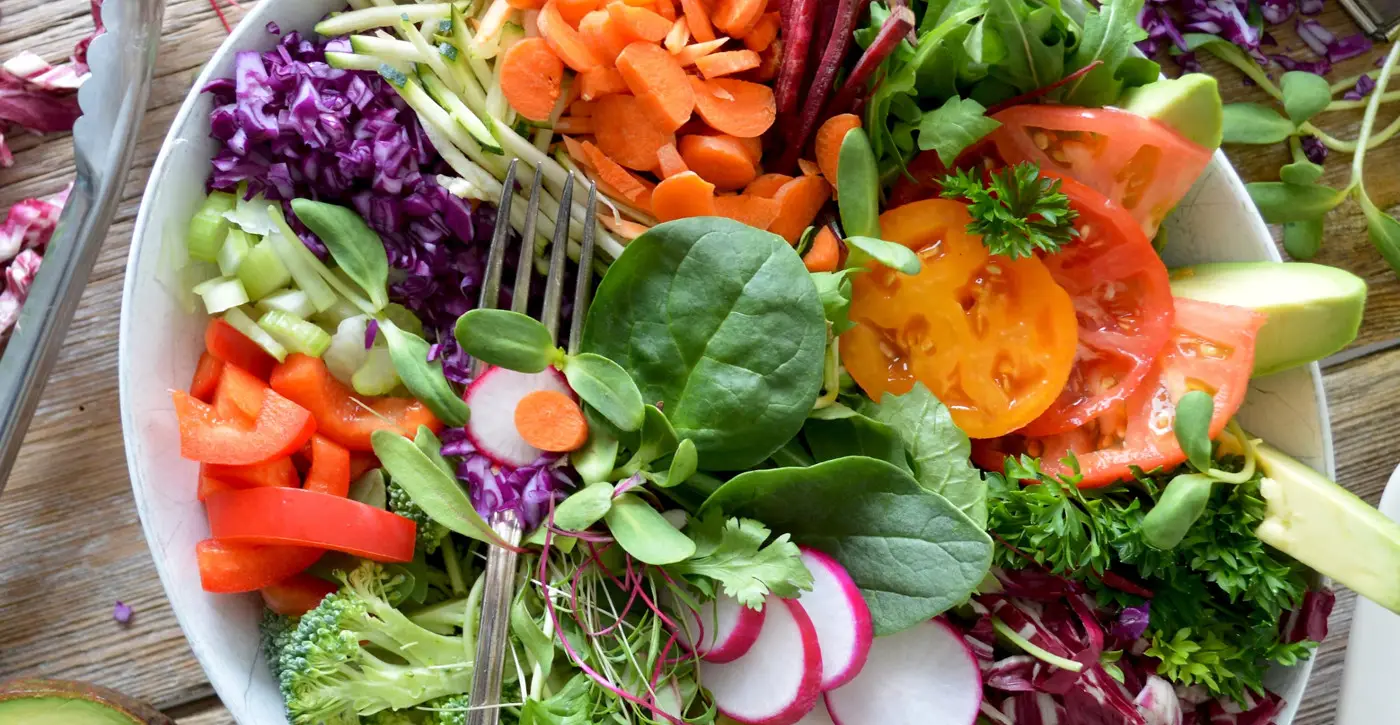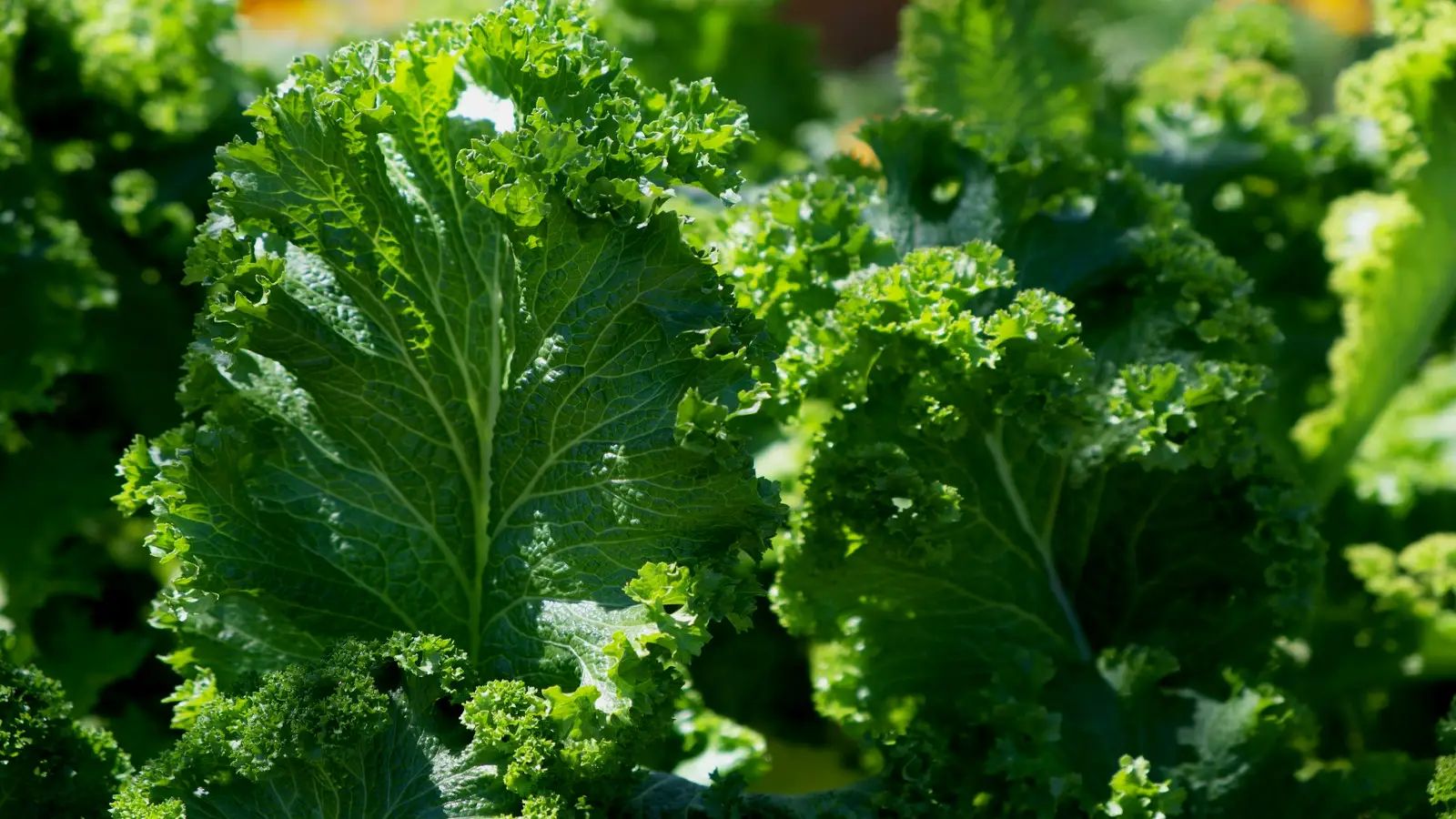Chicken, Dark, W/O Sauce Lysine and Arginine Info Sheet
Overview
Chicken, dark, w/o sauce is the meat from the legs, thighs, and wings of a chicken, without any added sauce or seasoning.Chicken, dark, w/o sauce is a rich source of protein, iron, zinc, and vitamin B12, but it also contains more fat and cholesterol than chicken, light, w/o sauce.
| Name | Lysine (mg/100g) | Arginine (mg/100g) | Ratio |
|---|---|---|---|
| Chicken, Dark, W/O Sauce | 1706.4mg | 1211mg | 1.409 |
Chicken, Dark, W/O Sauce contains 1706.4mg of Lysine and 1211mg of Arginine per 100g of product.
This means Chicken, Dark, W/O Sauce has a high Lysine-Arginine ratio of 1.409.
Because Chicken, Dark, W/O Sauce contains slightly more lysine than arginine, increasing its consumption may benefit people who suffer from herpes, as it may boost the immune system.
Lysine Considerations
Chicken, dark, w/o sauce has a very high amount of lysine, which is an essential amino acid that supports protein synthesis, collagen formation, and immune function.
Lysine has the potential to prevent or treat cold sores, which are blisters caused by the HSV-1 virus, also known as herpes.
Lysine operates by inhibitnig the proliferation of HSV-1, which relies on another amino acid, arginine, to reproduce and infect cells.
Lysine can only be acquired through our diet, and is present in different high-protein foods such as eggs, milk and cheese, fish, meat and poultry.
Arginine Considerations
Chicken, dark, w/o sauce has a high amount of arginine, which is a semi-essential amino acid that plays a role in wound healing, nitric oxide production, and urea cycle.
Arginine can promote your wellbeing and performance, such as lowering your blood pressure, healing your wounds, and boosting your exercise endurance.
Arginine can be made by your body or obtained from foods like meat, dairy, nuts, and soy.
Unfortunately, the herpes virus is known to "feed" on arginine, and having a diet higher in arginine than lysine may increase the occurrence and severity of cold sores and herpes outbreaks.
Lysine-Arginine Ratio
Chicken, dark, w/o sauce has a high lysine-arginine ratio, which may be beneficial for people with herpes simplex virus (HSV) infections, as lysine may inhibit the replication of HSV, while arginine may enhance it.
Both lysine and arginine are important for protein synthesis and other bodily functions.
The two compounds can affect the herpes simplex virus, which is responsible for cold sores and genital herpes, in opposite ways.
Lysine can your body or stop the virus from reproducing, while arginine can help it propagate.
Eating foods with a high lysine-arginine ratio could help lower the appearance and severity of herpes symptoms.
Some foods that have a high lysine-arginine ratio are milk and cheese, fish, poultry, fruits, and vegetables.
These foods can give the body enough lysine to prevent the virus from taking up arginine, and thus stop its growth and spread.
Dietary Considerations
Poultry is a lean meat that is high in protein and lysine.
Poultry can help prevent or lessen the severity of herpes outbreaks, as lysine can slow down the replication of the herpes virus.
Poultry also contains iron, phosphorus, and vitamin B6, which are important for energy production and red blood cell formation.
Chicken and turkey are some of the poultry that have more lysine than arginine, with usually around 30% to 40% more.
Oddly enough, chickens can contract a form of herpes known as Marek's disease.
Fortunately, this virus is exclusive to chickens and does not cross species to humans.
This means that you can eat chicken and poultry without any concerns about herpes transmission.
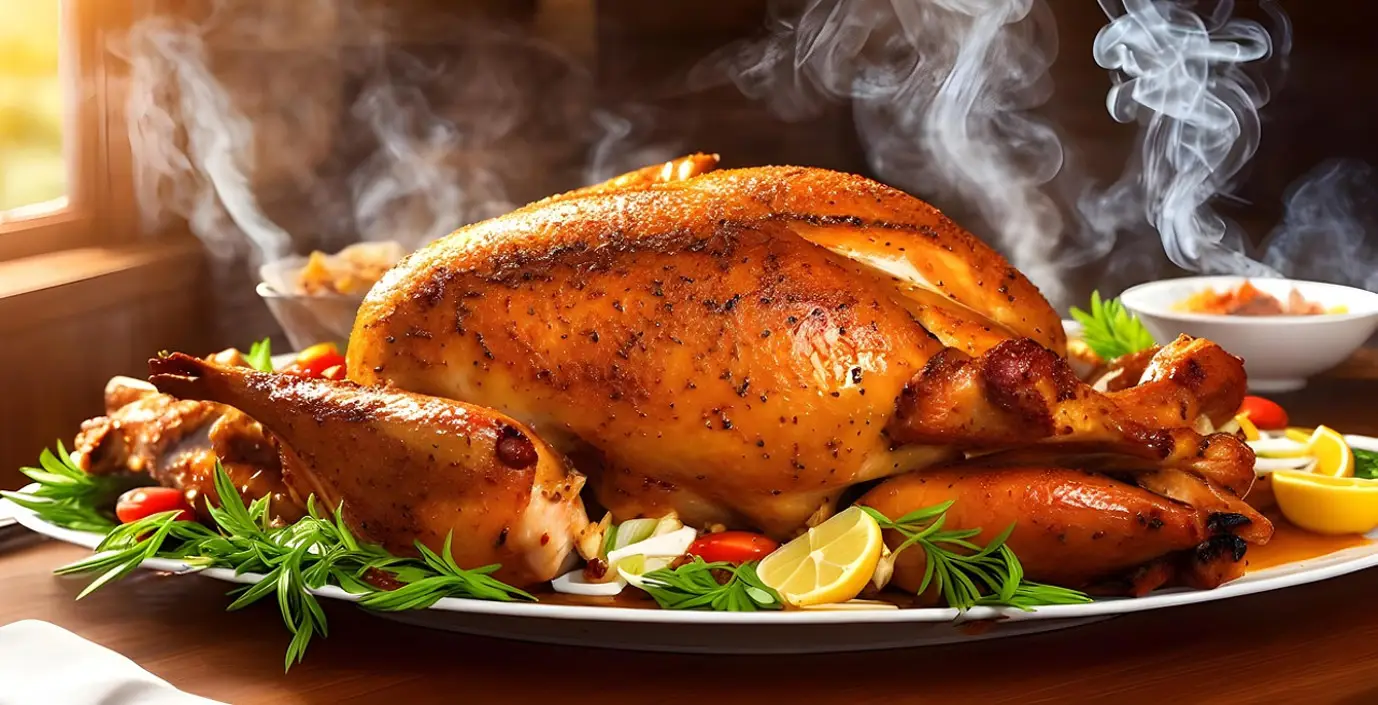
For example:
Eating a balanced and nutritious diet that supports your immune system and reduces inflammation.
This means consuming plenty of fruits, vegetables, whole grains, lean protein, and healthy fats, and avoiding processed foods, added sugars, alcohol, and caffeine.
Make sure to drink plenty of water to keep yourself hydrated and eliminate toxins from your body.
Water can also help you avoid dryness and irritation of the skin and mucous membranes, which can lead to outbreaks.
Consider taking l-lysine supplements, which can help prevent herpes outbreaks and stop a cold sore before it emerges by limiting the availability of arginine for the virus, which it requires to produce a cold sore.
Taking other food supplements that can improve your immunity and protect your cells from oxidative stress, such as vitamin C, zinc, selenium, and antioxidants.
Your immune system can be weakened and inflammation can be increased by foods that can cause allergic reactions or sensitivities, such as gluten, dairy, nuts, eggs, or shellfish.
Avoid these foods to avoid outbreaks.
Try eating foods that can enhance your immune system and reduce inflammation to avoid outbreaks.
Some of these foods are honey, yogurt, aloe vera, and chamomile.
They can also help you with your symptoms by easing pain, swelling, and itching, and accelerating your recovery.
Check more food information

